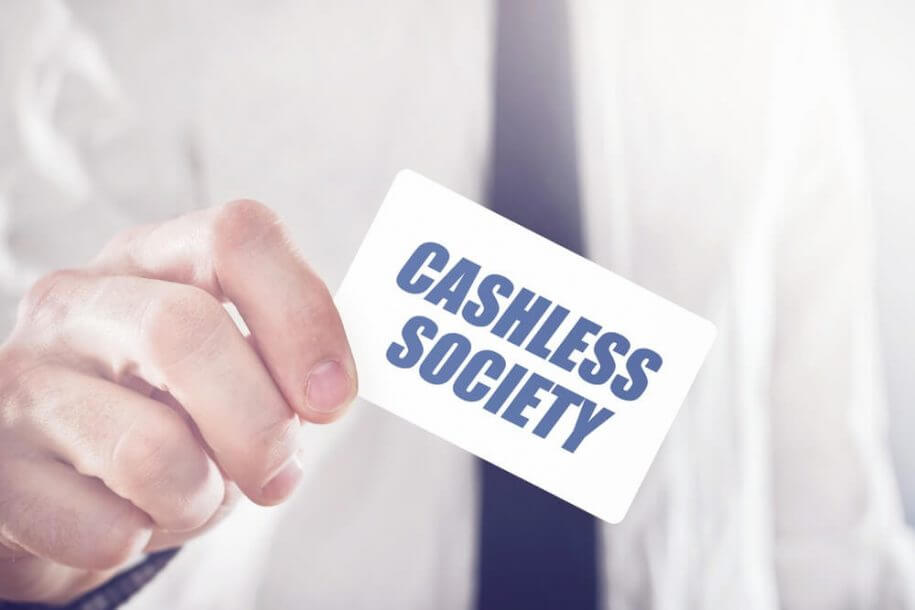Is Cash Really Dead?
In this week’s blog, we consider whether cash is really dead when making payments for goods and services in the UK as mobile payments are rising.
The ‘Impact of Innovation’ study in September 2016 undertaken by Mastercard found that 41% of the UK public now viewed their mobile as their preferred payment option over cash and cards. From 2015 onwards the decline in the use of cash payments could clearly be seen.
The shift in payment preferences in the UK has since been a hot topic up for discussion within the retail and payments sector with many predicting that cash will cease to be used at all in the next 5 years.
Petty Cash
Spare change, shrapnel, it goes by many names but the petty cash used day to day will be difficult to replace with technological advances.
The change in a tin that families use for emergency essentials from the corner shop, the cash collection in a business for the popular ‘tea fund’ and the tip that you leave your waiter when you go out to eat are all part and parcel of our culture and would be difficult to replace.
As advanced as technology is getting when it comes to going cashless it will always be difficult to translate these ‘micro-transactions’ into the digital age. The whole point of the petty cash tin, tub, bowl or whatever used is that it’s there just in case, to be used as and when and to be forgotten about until needed – something that doesn’t translate into digital.
Older Generations
As with any big societal culture change, there will always be those who are reluctant to change, who are firm in their belief that the ‘old ways’ are the best despite advances.
Technology has advanced so rapidly over the past 30 years – to think that somebody who is 30 can remember a time before the internet – that it is inevitable there will be many people who haven’t kept up with the changes. This could be due to lack of understanding or interest, but also because of the sheer speed of the changes we have embraced.
This same process applies to the cashless society. A massive proportion of the population is only just catching up to banking online and many of the older generations still don’t have an internet connection, making a cashless world virtually impossible for them. For these members of society cash will always reign supreme and will always be in demand; until many years from now when today’s younger generations replace them.
New Money
If the Bank of England thought cash was dead or dying then they wouldn’t have spent millions printing new £5 and as of summer 2017, new £10 notes.
The bank spent £46million printing the new £5 note which features Winston Churchill and has already spent £24million on printing the new £10 notes which features Jane Austen. If cashlessness was imminent then this surely would be wasted funds?
Not only did the bank print these notes, they have invested in modern technologies to make cash more durable, using a plastic-type polymer that allows the notes to be washed, crumpled up and exposed to extremes of temperature without being destroyed. The new notes also have better anti-counterfeit measures in them to make them more secure and prevent the loss to business incurred by counterfeit notes.
All of this indicates that the Bank of England believes that cash is here to stay, in fact, they expect it to last even longer than the previous notes.
Black Markets
No matter how cashless a society becomes there will always be a demand for cash on the black market and for clandestine reasons.
Mainly because cash is much more difficult to keep track off, although there are methods of doing so, these pale in comparison to the ease of tracking digital transactions.
It could be anything from an organised crime racket selling fake goods to a schoolyard market for the latest craze, but the concept of a black market is one that just doesn’t work with a cashless society.
Even if going cashless becomes the norm, the use of cash will always be used in shady transactions because it’s real, physical money which changes hands – there’s no waiting on funds to clear in banks or using digital methods of payment which leave a paper trail.
Outdoor Activities
Another place cash will always be required are certain outdoor activities – from car boot sales to travelling fairgrounds.
These operations don’t work well with digital transactions purely because of their frivolous nature and location. As an example, fairgrounds often rely on the petty cash and change we mentioned above, with rides, games, and activities costing mere pounds per person and relying on volume to make a profit.
If every visitor to a fair had to pay for every game played or ride ridden on their card it would cause hassle not only for the visitor but also for the organisers who would have to ensure that each attendant had a machine with an internet connection.
“Start your Free Quote Today!”
Call us on 01909 776532, email us at sales@card-cutters.co.uk or fill in our online contact form.


